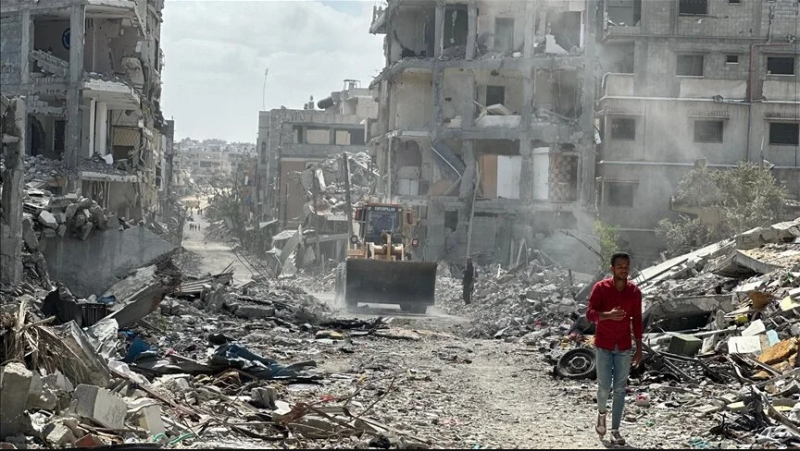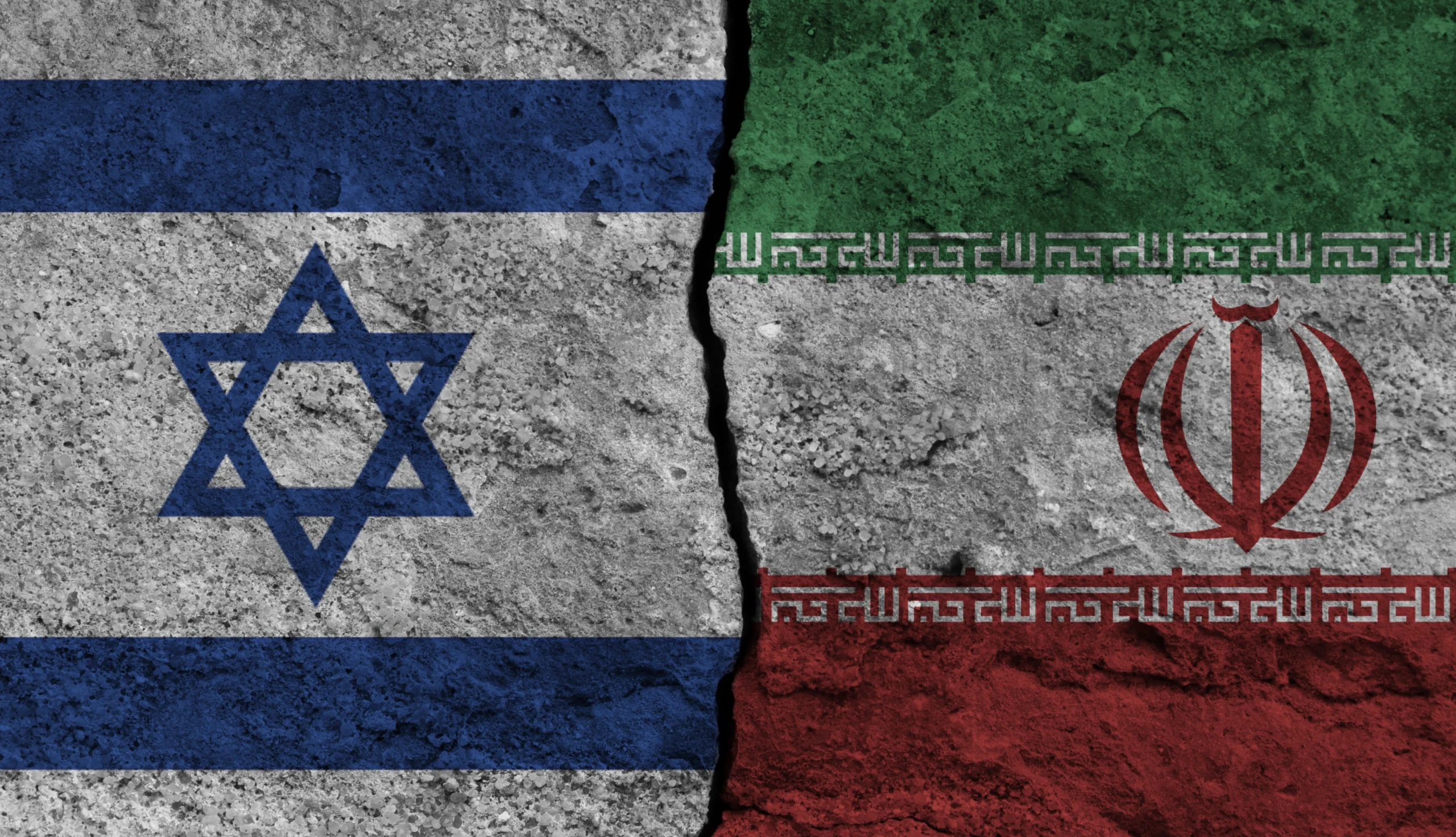Dr Bilawal Kamran
Pakistan’s political climate is experiencing a temporary calm, but the silence is only momentary. Observers and analysts are already preparing for the storm that may arise from the opposition’s recently launched Grand Alliance, which gathered for its first two-day conference in Islamabad. Designed to address the ongoing “quagmire of instability” under the current ruling coalition, the conference emphasized the supremacy of the constitution and the rule of law. Yet, the question that hangs heavily over this gathering is whether the Grand Alliance will truly exert any significant pressure on the government or if it is merely another fleeting political spectacle that will fade as quickly as it formed.
The timing of the conference is particularly significant. It came just a month after failed negotiations between the ruling coalition and the Pakistan Tehreek-e-Insaf (PTI). After these talks collapsed, PTI reached out to other opposition parties to form the Grand Alliance. However, political analysts are skeptical about the long-term effectiveness of this alliance, mainly due to the PTI’s historically inconsistent political strategies. The PTI’s tendency to change its stance on key issues has significantly weakened its credibility. Had the PTI continued engaging with the government, it might have been able to expose the government’s insincerity, rallying public sympathy. But the party’s sudden withdrawal from negotiations showcased its own lack of resolve, a significant setback for any cohesive opposition movement.
On the first day of the conference, former Prime Minister Shahid Khaqan Abbasi delivered a scathing critique of the ruling coalition, accusing them of undermining democracy and the judicial system. He also rebuked his former party, the Pakistan Muslim League-Nawaz (PML-N), and the Pakistan Peoples Party (PPP) for abandoning their core democratic principles. His words resonated with many who feel disillusioned with the status quo. Pakistan’s political history has often witnessed parties shifting their stances once they secure power, abandoning the very principles they once espoused. PTI, which once aggressively clamped down on political opponents and media critics, now claims to champion human rights and free speech—a stark contrast to its past actions. Similarly, both the PML-N and PPP, long proponents of democracy, have adapted to a hybrid political system they once denounced.
This political inconsistency raises concerns over whether the Grand Alliance can offer any meaningful alternative to the ruling coalition or simply become another tool for political opportunism. However, there is an opportunity for the alliance to learn valuable lessons from past political agreements, notably the Charter of Democracy (CoD) signed between the PML-N and PPP during General Pervez Musharraf’s regime. Despite their bitter rivalry, the two parties honored the CoD, showing that even longstanding political adversaries can collaborate for the sake of democratic principles when there is genuine commitment. If the Grand Alliance is to succeed, it will need to embrace a similar level of commitment to democratic values, including respect for political freedoms, media independence, and an unwavering adherence to the rule of law—regardless of their future electoral ambitions.
Another valuable lesson can be drawn from the Pakistan Democratic Movement (PDM), a coalition formed to challenge former Prime Minister Imran Khan’s government. The PDM initially succeeded in uniting various opposition parties under a common banner, but it faltered after the PPP made compromises following the Senate elections. The alliance regained its strength once the PPP rejoined the fold, underscoring the importance of unity and shared goals within opposition coalitions. If the Grand Alliance is to avoid the same fate, it must ensure that its members remain united, without falling prey to internal divisions or political compromises that could fracture the coalition.
The PTI, as the largest opposition party, is expected to play a leading role in the alliance. However, it must resist the urge to dominate or dictate terms within the coalition. For the alliance to succeed, PTI must engage in collective decision-making, ensuring that all parties have an equal voice. Transparency and inclusivity are essential for maintaining public trust and ensuring that the alliance is not seen as a vehicle for political self-interest. If backdoor deals or secretive power plays emerge, the credibility of the Grand Alliance will be severely compromised, further diminishing its ability to challenge the ruling coalition effectively.
Some critics argue that despite the growing opposition, the ruling coalition remains firmly in control, with little immediate threat to its power. They point to the coalition’s continued dominance in key areas and its ability to push forward with its political agenda. However, history has shown that political overconfidence can often lead to significant errors. Governments that dismiss or underestimate opposition movements tend to make fatal mistakes, leading to their eventual downfall. The challenge for the opposition is to remain united, strategic, and consistent in its efforts. A fragmented or inconsistent alliance will lack the strength needed to challenge the government effectively.
Pl watch the video and subscribe to the YouTube channel of republicpolicy.com for quality podcasts:
For the Grand Alliance to evolve beyond political theatre, it must offer a concrete alternative to the ruling coalition. Its primary goal should be to advocate for constitutional supremacy, judicial independence, and the restoration of democratic values that the current government has allegedly eroded. The Grand Alliance needs to present itself as a credible force for change, offering the public a clear and united stance on the critical issues facing the country. To gain the trust of the electorate, the alliance must not merely be a tool for political jockeying, but a genuine attempt to restore democratic integrity in the country’s governance.
The road ahead for the Grand Alliance is fraught with challenges. While there is an undeniable need for change in Pakistan’s political landscape, the alliance must resist the temptation of opportunistic political maneuvering. This will require not just rhetoric but a demonstrated commitment to reform, transparency, and the upholding of democratic principles. The Grand Alliance will need to focus on concrete actions that reflect its commitment to serving the public, rather than seeking power for its own sake.
Moreover, if the alliance is serious about challenging the ruling coalition, it must also present a united front, avoiding the fractures that have historically plagued opposition movements. This includes addressing key issues such as economic mismanagement, judicial independence, and the suppression of political freedoms. The alliance must show that it is capable of offering not just criticism of the government, but a workable, viable alternative for the country’s future.
In conclusion, the success of the Grand Alliance will depend on its ability to learn from past political movements and avoid the mistakes that led to the fragmentation of previous opposition coalitions. The alliance must stay true to its principles, remain united, and focus on offering a credible, sustainable alternative to the current government. If it can do so, it may evolve from a transient political spectacle into a serious force for democratic reform and a catalyst for meaningful change in Pakistan’s political landscape. The road ahead will be challenging, but the potential for real change exists if the opposition can overcome internal divisions and remain committed to its democratic ideals.
















